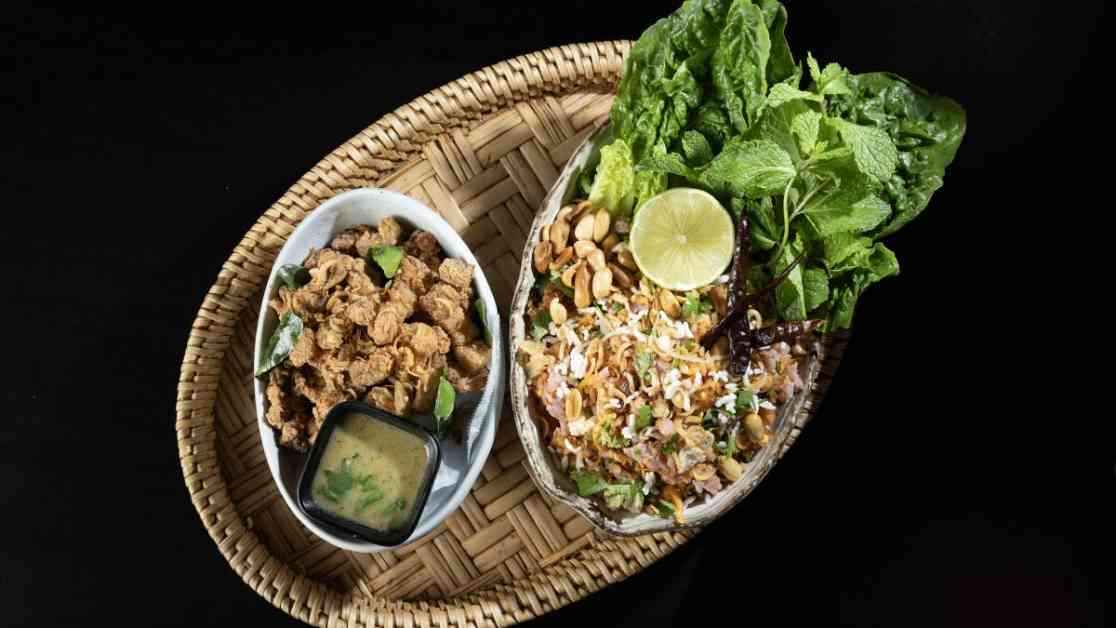Chefs in Los Angeles are facing a new challenge that threatens the diversity and authenticity of the city’s culinary landscape. As President Trump’s tariffs on goods from countries like South and Southeast Asia take effect, restaurant owners are feeling the impact on their bottom line.
Billie Sayavong, co-owner of Nok’s Kitchen in Westminster, is one of many chefs grappling with the rising costs of imported ingredients. His restaurant, known for its Laotian cuisine, has seen a 30% increase in meat and seafood prices in just one week. Despite the president’s temporary pause on tariffs, uncertainty looms over the future of Nok’s Kitchen in an unstable economic climate.
The issue goes beyond individual restaurants—it’s a city-wide concern. Los Angeles, known for its diverse dining options, is at risk of losing the very essence that makes it a culinary hotspot. With dozens of closures already this year, the impact of the tariffs is being felt across the board.
Impact on Local Cuisine
Restaurants serving cuisines that rely on ingredients from countries facing high tariffs are particularly vulnerable. From Sri Lankan cinnamon sticks at Kurrypinch to Thai coconut cream at Thai Nakorn, the essence of these dishes is threatened by rising costs. Chefs like Shaheen Ghazaly are struggling to maintain the authenticity of their menus in the face of increased prices.
The dilemma facing restaurant owners is whether to pass on these costs to diners or make changes to recipes. For many, like Billie at Nok’s Kitchen, altering ingredients is not an option. The unique flavors of dishes developed over generations are at risk of being lost if substitutions are made.
Challenges and Solutions
As restaurants grapple with the impact of tariffs, they are forced to consider creative solutions. Bistro Na’s in Temple City is exploring options to replace imported ingredients with local alternatives, but some essential flavors cannot be replicated. Similarly, Uyên Lê of Bé Ù is balancing the cost of perishable items with nonperishable goods to mitigate the impact on her menu.
Sustainability is also a concern, as buying American or locally may not always be the most environmentally friendly option. Chefs like Sophy Khut of Sophy’s Cambodia Town in Long Beach are feeling the pressure as they navigate the complex landscape of ingredient sourcing in the face of rising costs.
In the midst of these challenges, one question looms large: without immigrant food culture, what is American food? As chefs and restaurant owners adapt to the changing economic landscape, the future of Los Angeles’ diverse culinary scene hangs in the balance.














